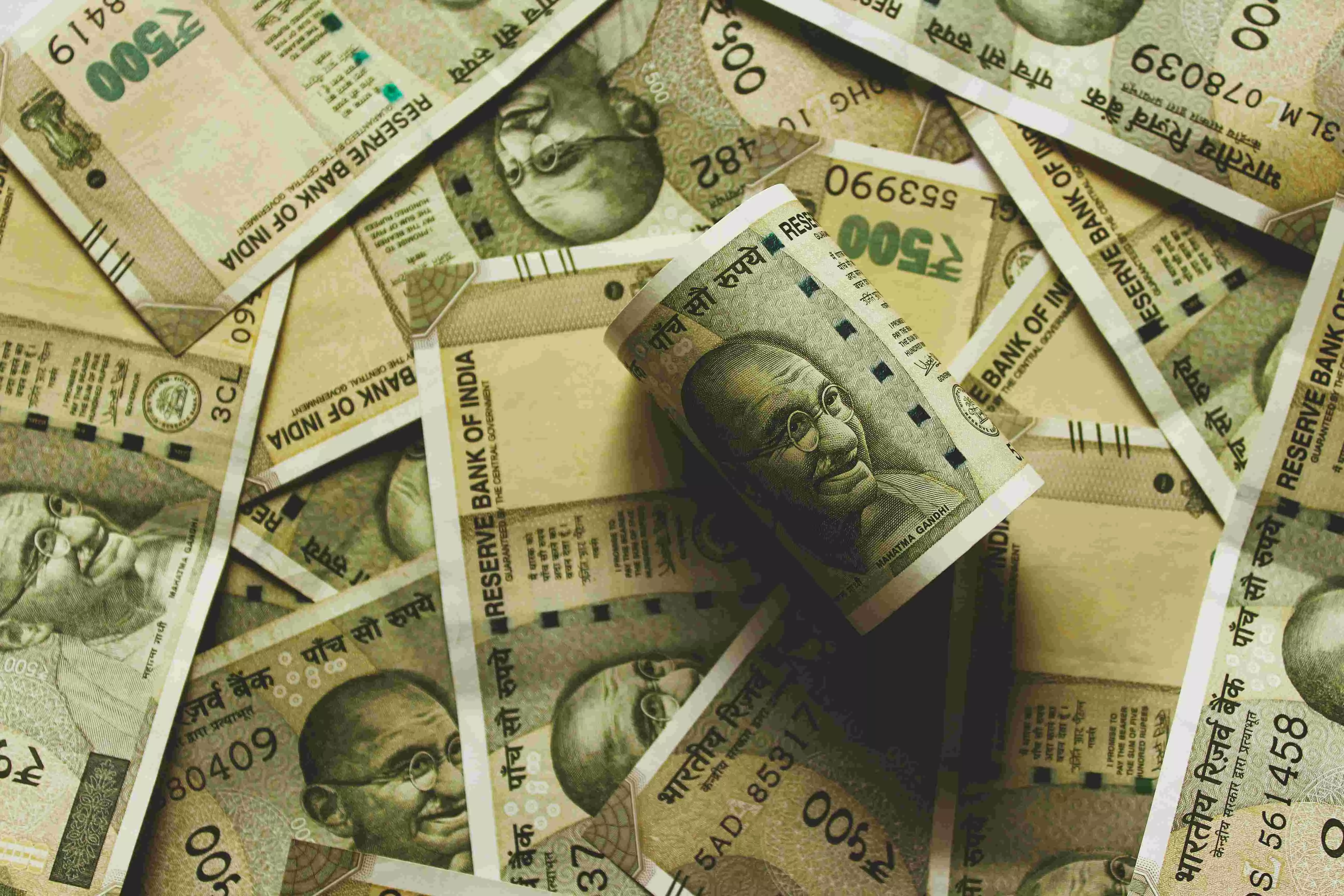Disturbing stagnation

The recently released Corruption Perceptions Index (CPI) for 2023 by Transparency International has cast a stark light on the persistent global struggle against corruption. In its twelfth consecutive year, the CPI global average remains stagnant at 43, with more than two-thirds of countries scoring below 50. Notably, 23 countries have fallen to their lowest-ever levels in the global ranking index, signalling a troubling trend that demands urgent attention. Crucially, Transparency International has drawn a significant correlation between the Corruption Perceptions Index and the Rule of Law Index. The revelation that countries with the lowest scores in the Rule of Law Index also exhibit low scores on the CPI underscores a clear link between access to justice and corruption. This connection emphasises the importance of fair and inclusive legal systems, as highlighted by Daniel Eriksson, CEO of Transparency International, who aptly stated that "corruption worsens social injustice and disproportionately affects the most vulnerable."
The CPI, established in 1995, has evolved into the foremost global indicator of corruption within the public sector. Evaluating 180 countries and territories worldwide, it draws data from 13 external sources, including reputable entities such as the World Bank, World Economic Forum, private risk and consulting firms, and various think tanks. It is noteworthy that the scores presented in the index reflect the perspectives of experts and business professionals, providing a comprehensive overview of the state of corruption.
Denmark has maintained its position at the top of the index for the sixth consecutive year, with a score of 90. Finland and New Zealand closely follow with scores of 87 and 85, respectively. Conversely, Somalia (11), Venezuela (13), Syria (13), South Sudan (13), and Yemen (16) find themselves at the bottom of the index. Strikingly, the countries experiencing an increase in corruption span both middle- and low-income nations. Corruption is prevalent in both democratic and autocratic regimes, with even high-scoring democracies like Iceland, the Netherlands, and Sweden witnessing a decline in their 2023 index. India, experiencing a marginal increase in corruption, saw a decline in its score from 40 in 2022 to 39 in 2023. However, in terms of ranking, the country slipped from the 85th position in 2022 to the 93rd position in 2023. Among its neighbours, the scores were as follows: Pakistan (29), Sri Lanka (34), Afghanistan and Myanmar (20), China (42), Japan (73), and Bangladesh (24).
Transparency International advocates for a multifaceted solution, urging governments to grant justice systems the independence, resources, and transparency necessary to effectively combat corruption. Governments are called upon to introduce better procedures and laws to empower justice institutions in shielding themselves from and targeting corrupt acts. This call for justice and transparency is not only a crucial step in curbing corruption but also an essential move towards building fair and inclusive societies where the voices of victims are heard at every stage. As the global community faces the challenge of stagnation in the fight against corruption, it is imperative to prioritise comprehensive reforms that uphold the principles of justice and accountability.



